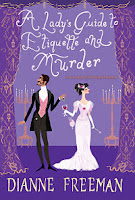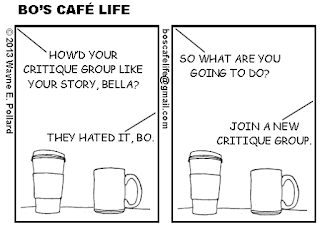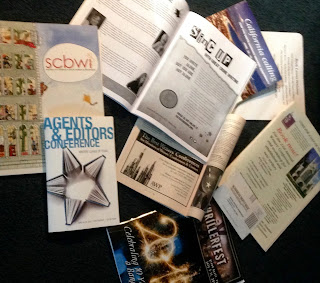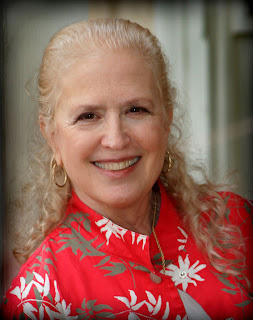What Makes A Good Writer’s Group by Linda Rodriguez
Over the years, I have been a part of many writer’s workshops, groups, and organizations. I have been a founder of several. When I was a young wife and mother, I desperately wanted the companionship of other writers, other people who understood this difficult thing I was trying to do.
Since those days, I have developed many wonderful writer friends who truly understand this difficult thing I still try to do. Better yet, I am now married to a writer-editor and have a son and foster-son who are talented writers. I also belong to four writer’s organizations that I helped found—The Writers Place, Latino Writers Collective, Border Crimes, and The Novel Group—three that I had no part in developing but still love and support—the Macondo Writing Workshop, Wordcraft Circle of Native American Writers and Storytellers, and Con Tinta.
Before these groups, there others that were not so helpful or successful, a series of undergraduate and graduate writing workshops, a group of activist writers putting out an underground newspaper (back in the day of underground newspapers), a short-fiction critique group, a freelance writers group, a novel critique group, and even a romance writers group. So I have broad experience with writer’s organizations and groups.
One of the key elements of a good writer’s group, whether it is nationwide like the Macondo Writing Workshop, citywide like The Writers Place, or just a few writer friends like The Novel Group, is respect, respect for the group, for the other members and for the purpose of the group. Respect involves giving honest and helpful criticism without making it hurtful or personal. Respect involves valuing the distinctive differences of each member, as both a writer and as a person, appreciating what those unique qualities bring to the group as a whole.
Another hallmark of a good writer’s group is enthusiasm. Good groups are excited about writing and the writer’s life. When members grow discouraged, they can come away from a meeting of their group re-energized and back in touch with their passion for writing.
If a writer’s group or a subset of the group functions as a critique group, it is important for all the writers in the group to be writing at a similar level of experience and ability, otherwise the group will eventually fail as a critique group, no matter how congenial the individuals are. Often, however, beginners may be a part of a group led by an experienced author for a fee. This can be a good foundation—if the goal of both the leader and the members is for the members to outgrow the group.
What has your experience of writers groups been? If you have not been able to find one, would you consider starting one of your own?
Check out the award winning Skeet Bannion series. Every Last Secret (Minotaur Books), won the Malice Domestic Best First Traditional Mystery Novel Competition, was selected by Las Comadres Conversations With…, and was a Barnes & Noble mystery pick. The second book in the Skeet Bannion series, Every Broken Trust, was published in Spring 2013 followed by the third book, Every Hidden Fear.








